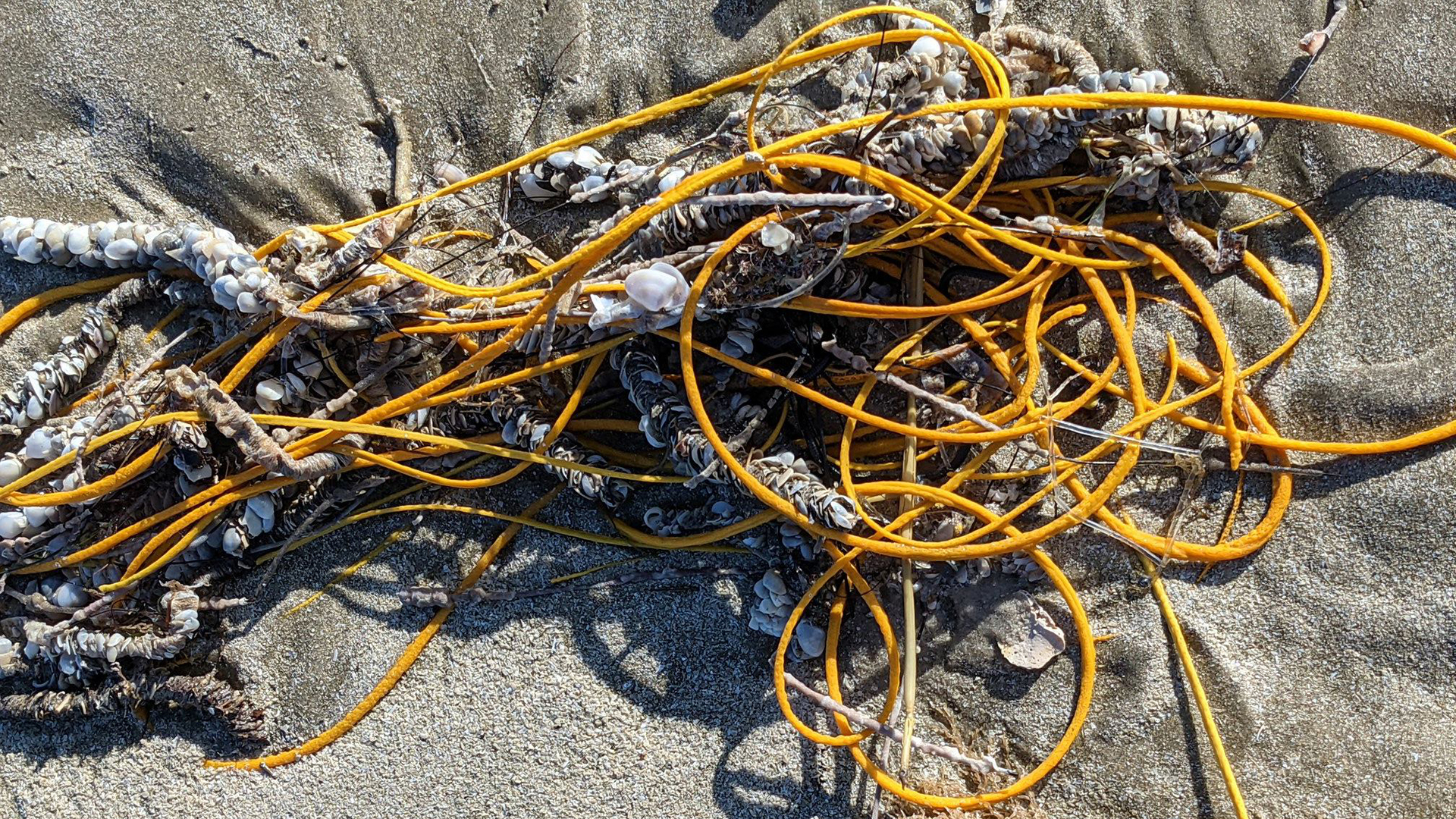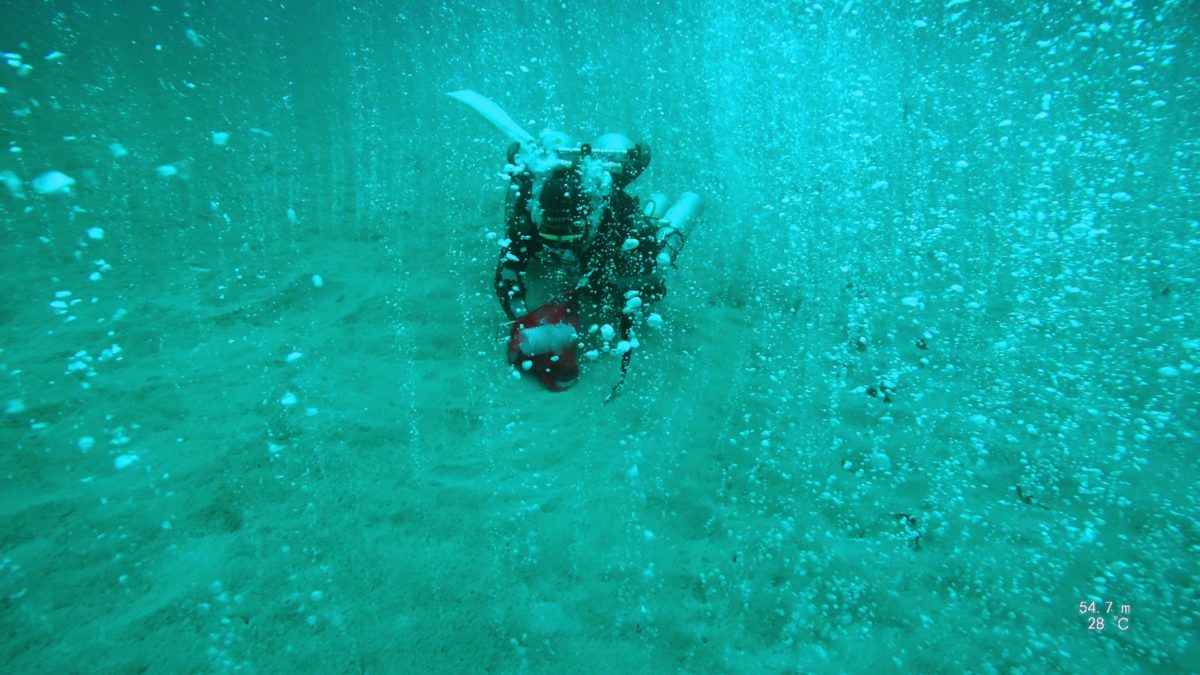Coral Reefs
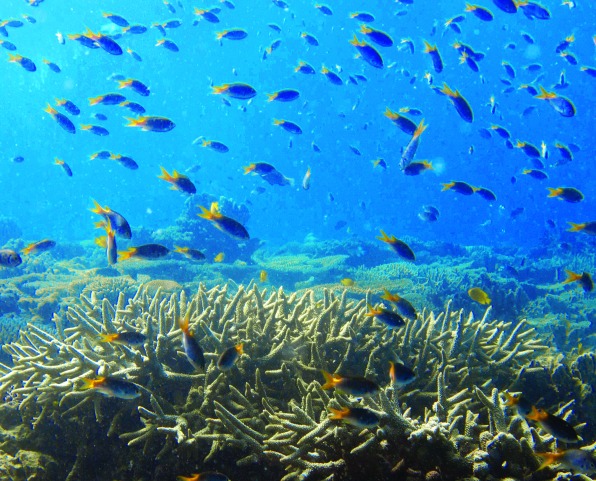
Corals are tiny animals that live in large communities made up of individual polyps that secrete a calcium carbonate substance that hardens and builds up to form the reef structure over time. There are different types of corals, such as brain corals and fan corals, that form different types of structures. The coral polyps live symbiotically with algae that provides them with their food. Disease, temperature extremes and pollution can cause corals to expel the algae, leaving only the white calcium carbonate skeleton behind, an event called coral bleaching. Coral bleaching is a worry with global warming heating up the oceans and carbon dioxide causing the oceans to acidify. Coral reefs are important ecosystems because they support larger communities of fish, mollusks, crustaceans and other sea creatures.
Latest about coral reefs
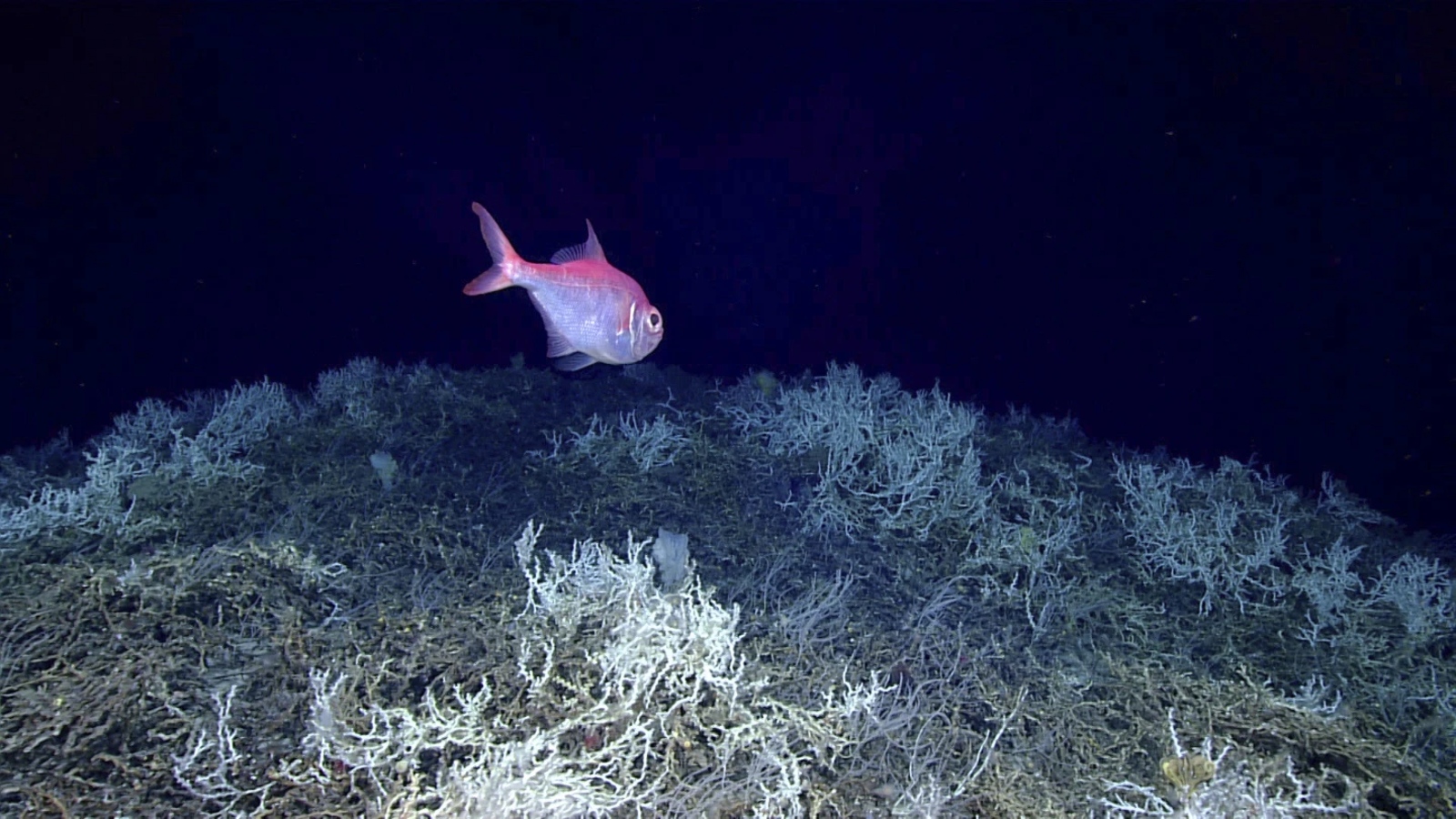
World's largest deep-sea coral reef found lurking beneath the Gulf Stream 'right on the doorstep' of US coast
By Harry Baker published
A new deep-sea mapping project has revealed near-continuous reefs of cold-water corals spanning an area the size of Vermont just off the southeast U.S. coastline.
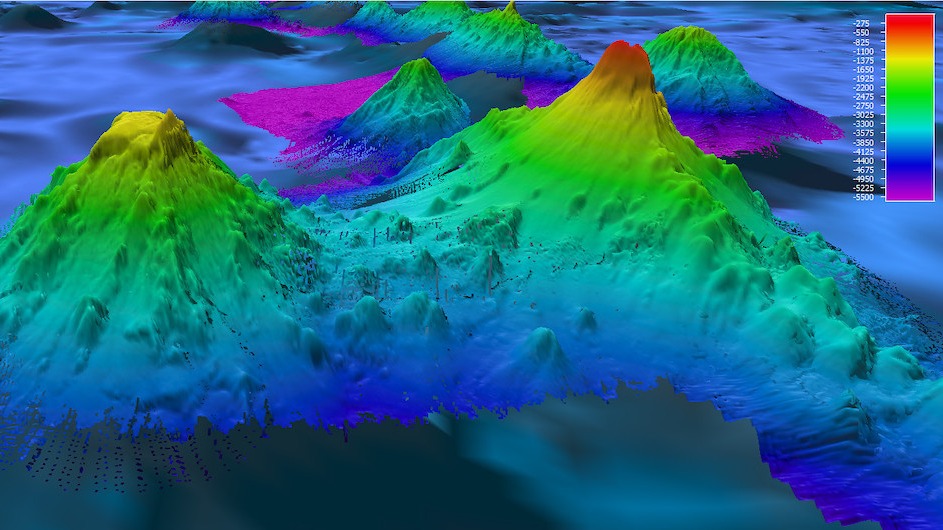
10 mind-boggling deep sea discoveries in 2023
By Harry Baker published
Scientists have made some intriguing discoveries exploring the deep sea this year. Here are some of our favorites.
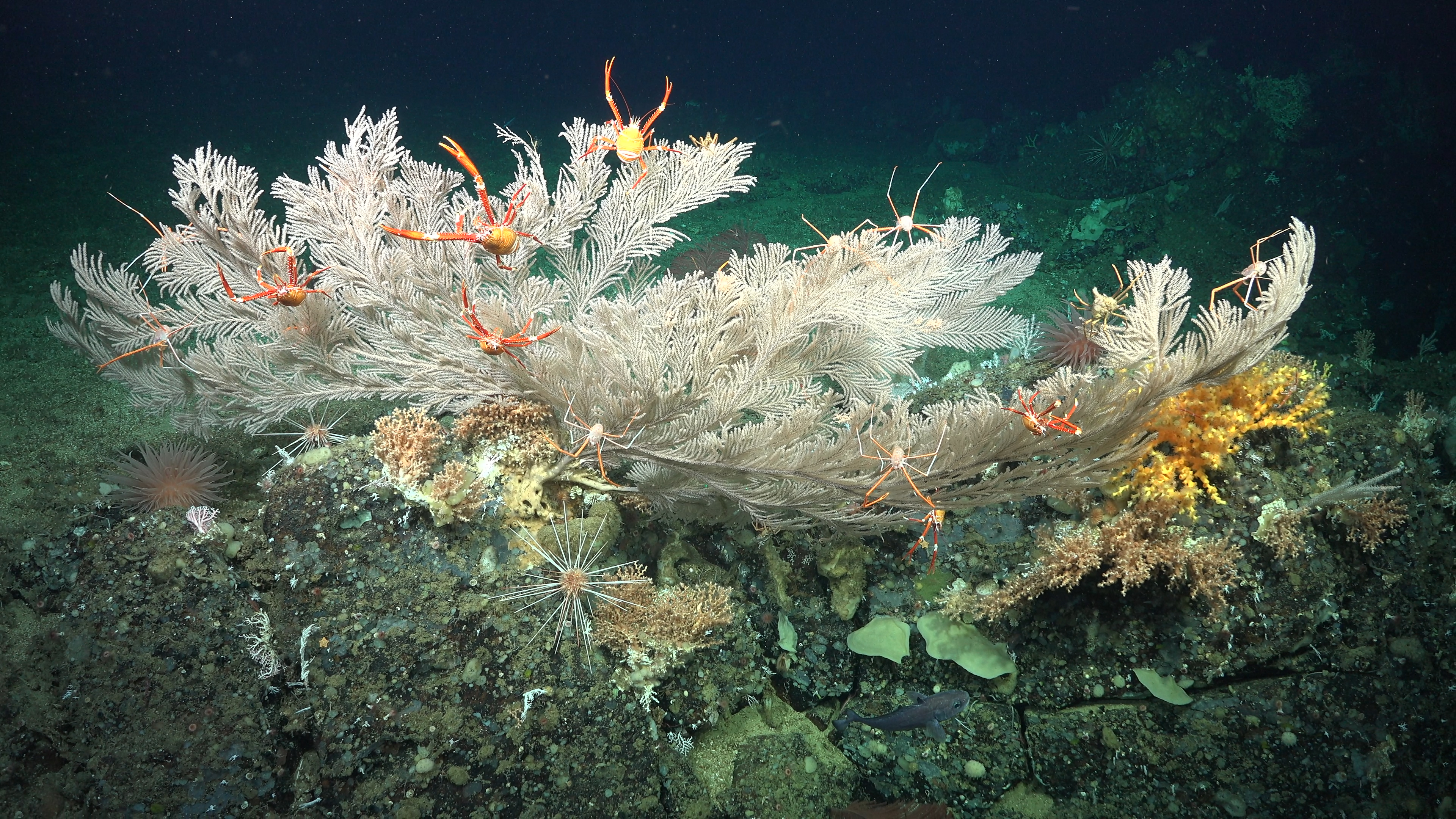
Pristine coral reefs discovered near Galápagos Islands are thousands of years old and teeming with life
By Sascha Pare published
Scientists on a 30-day expedition off the coast of Ecuador have mapped two coral reefs and two seamounts more than 1,000 feet beneath the ocean surface.
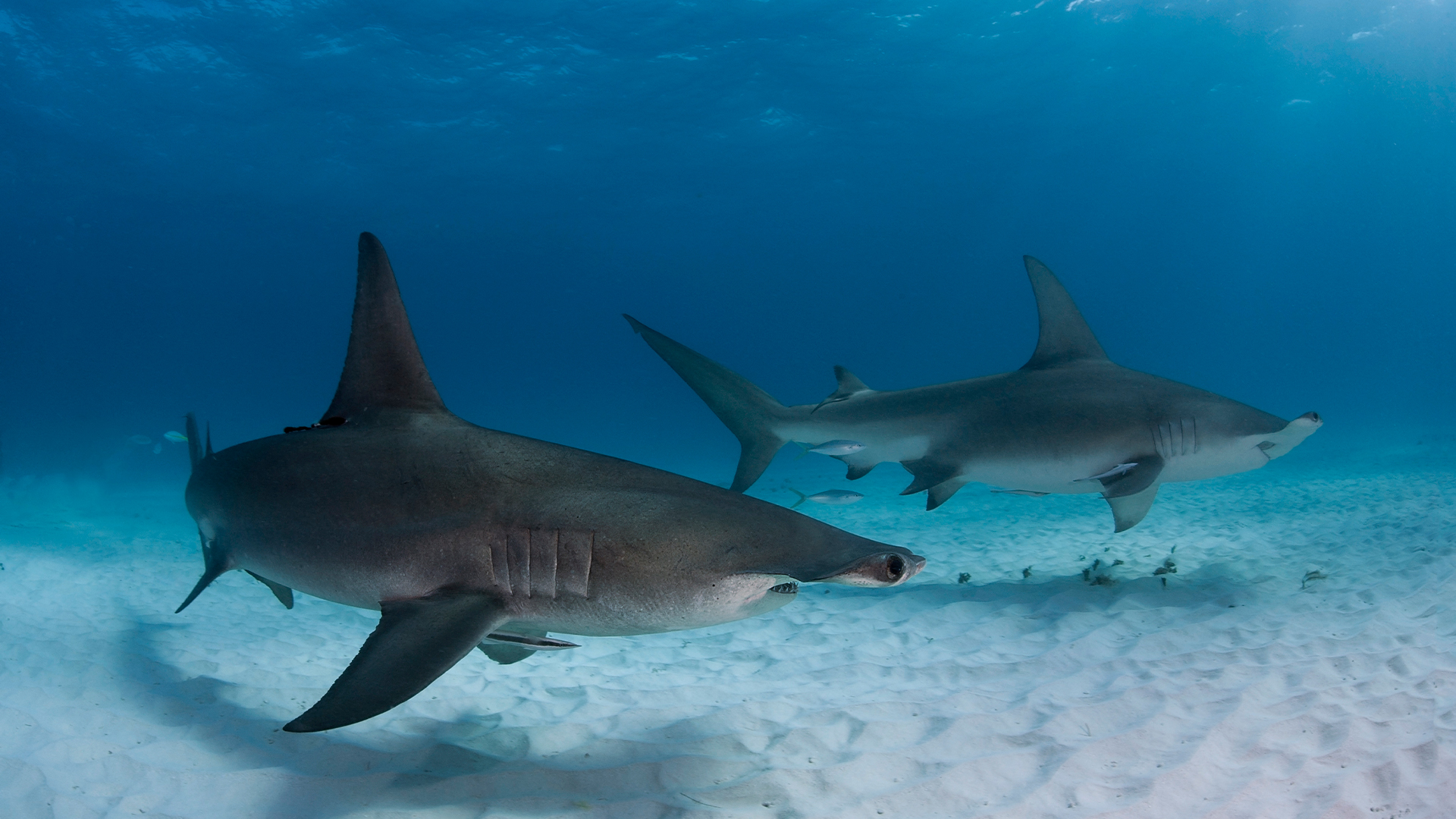
Every year, dozens of female hammerhead sharks mysteriously convene in French Polynesia under the full moon
By Sascha Pare published
Every austral summer, Rangiroa and Tikehau atolls in French Polynesia host a mysterious assembly of female great hammerhead sharks — a critically endangered and typically solitary species.
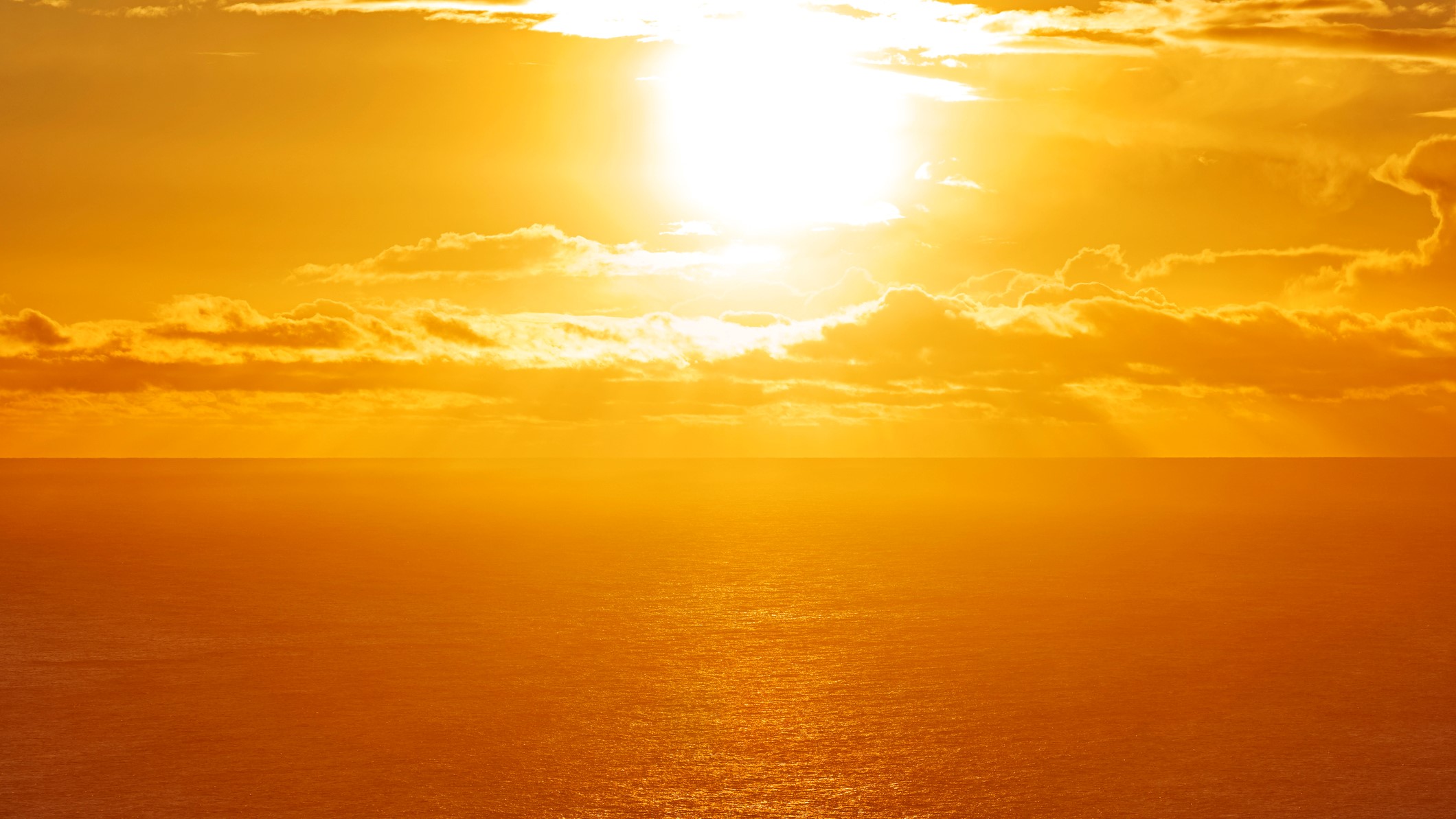
Florida waters now 'bona fide bathtub conditions' as heat dome engulfs state
By Sascha Pare published
The unprecedented water temperatures — reaching up to 95 degrees Fahrenheit in some places — could intensify storms and hurricanes in the Sunshine State.
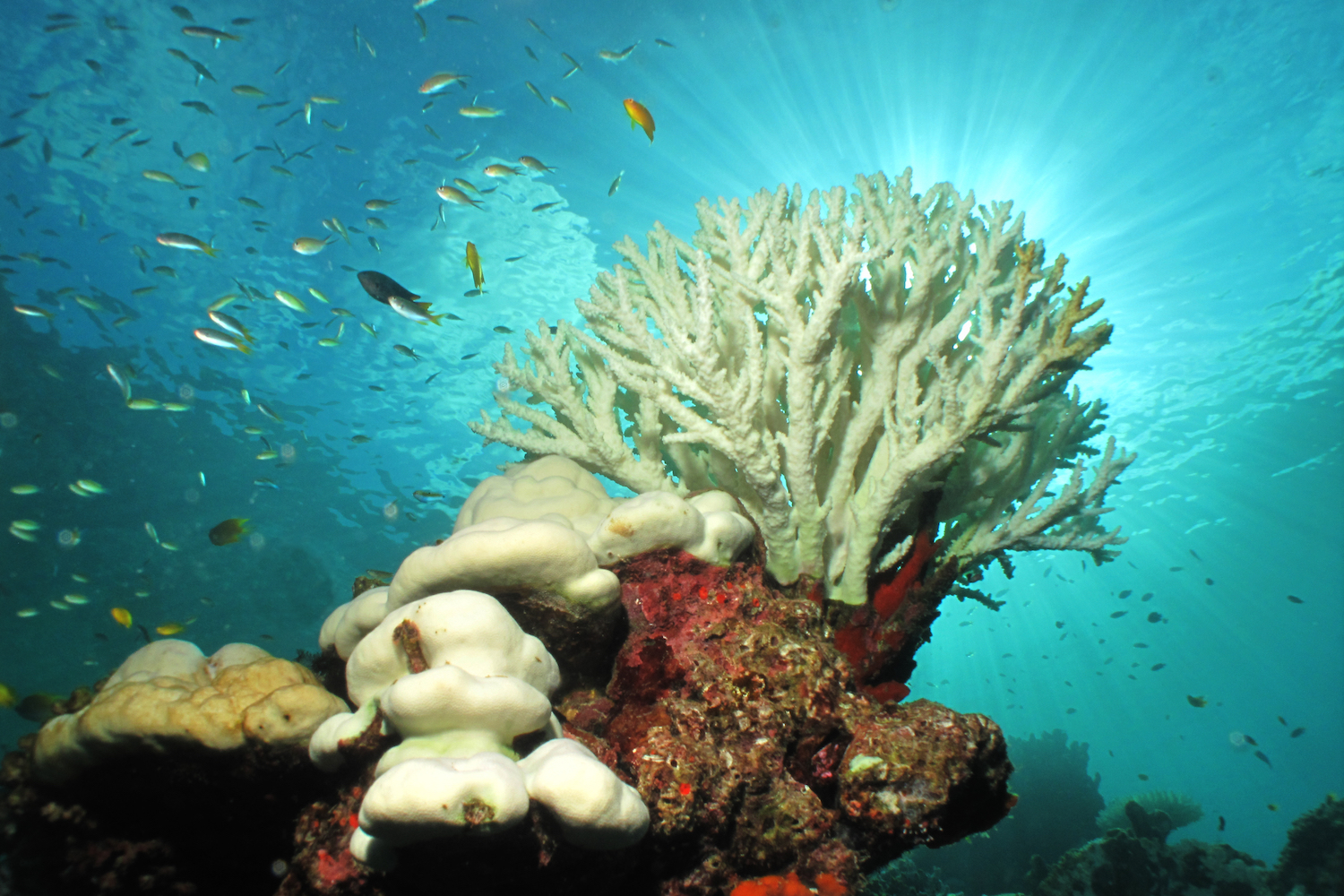
What Is Coral Bleaching?
By Donavyn Coffey last updated
Nature's red flag is the eerie white glow of one of the ocean's most biologically rich ecosystems.
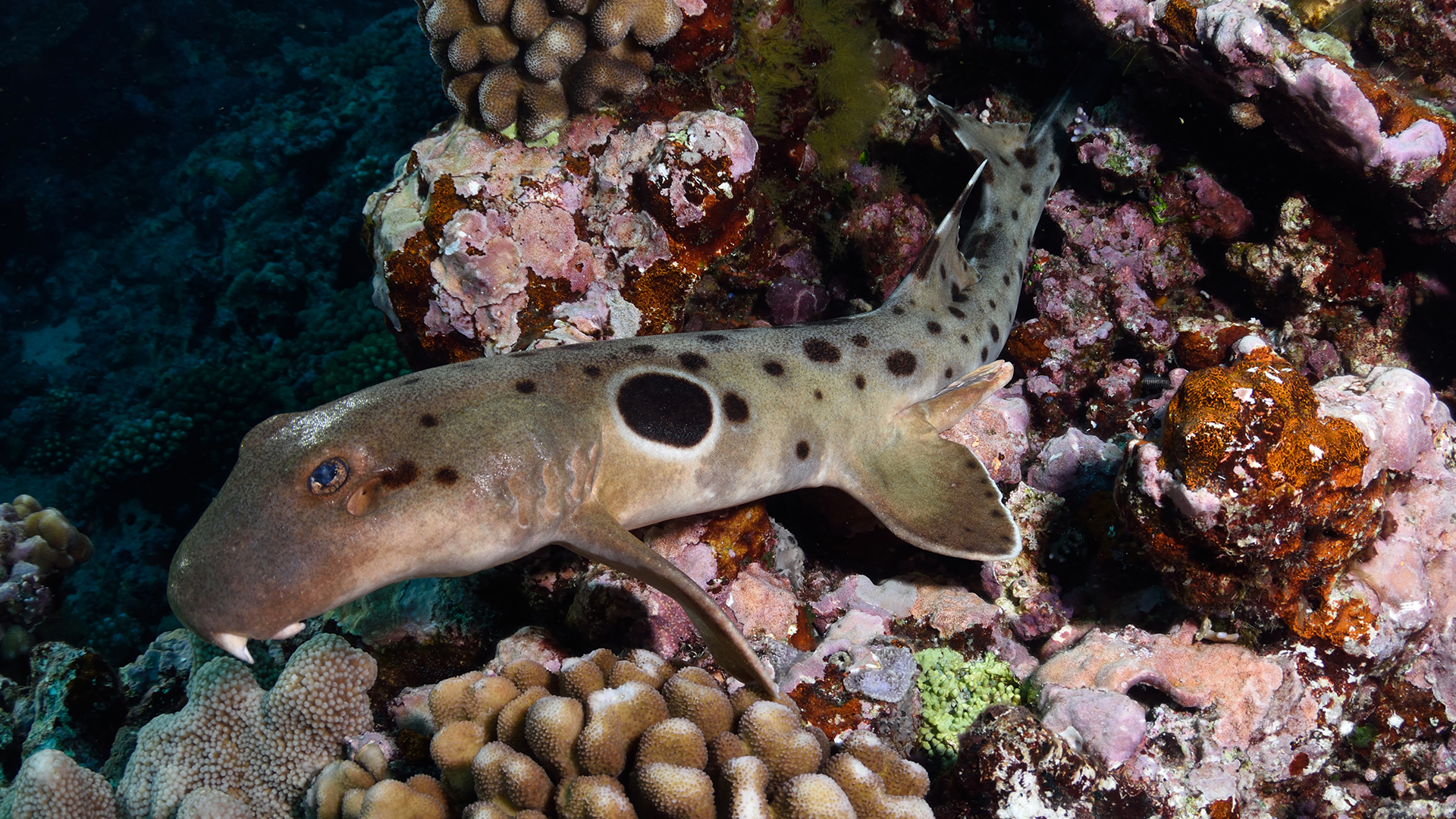
Video reveals baby steps of newly hatched ‘walking’ sharks
By Joshua A. Krisch published
Epaulette sharks can use their fins to "walk" underwater and even on dry land.
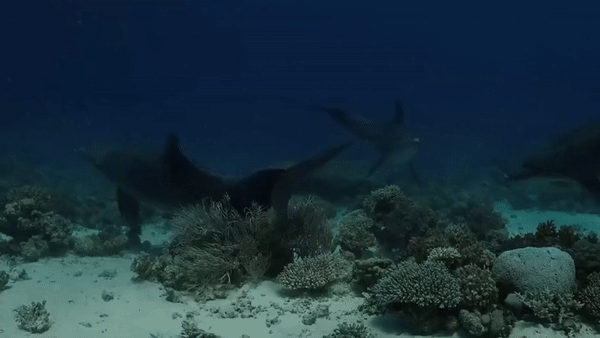
Red Sea dolphins slather their skin in coral mucus, because nature is wonderfully gross
By Nicoletta Lanese published
Young dolphins seem to learn this skin care routine from their elders.
Sign up for the Live Science daily newsletter now
Get the world’s most fascinating discoveries delivered straight to your inbox.
